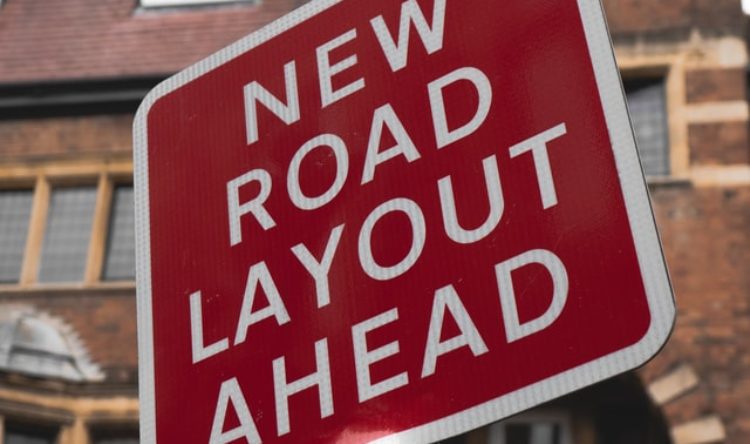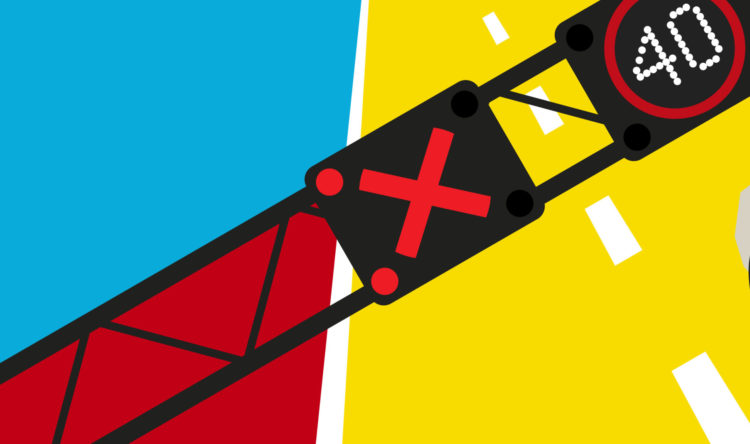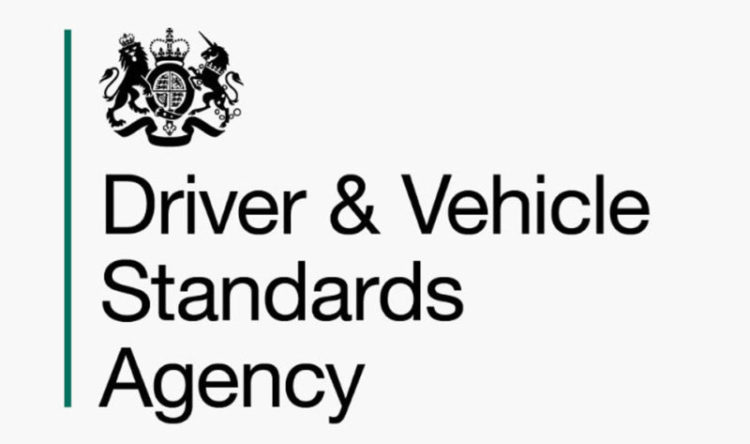Changing young drivers minds
A 3-part series by Ray Seagrave on the importance of changing young driver attitudes behind the wheel
3. The Opportunities
Develop Rapport and trust by understanding teenagers
Trust, and respect are key. Many people believe that young adults and teenagers do risky things because they are not particularly good at evaluating risk. We quite often come across lots of negative stereotypical views in the media about young adults and teenagers, that they behave badly, are lazy, irresponsible, anti-social, rude, disrespectful, and they make bad decisions etc.
Being a young adult today with the level and consistency of the pressures they face is a lot different from when we were teenagers. We should not forget what being a teenager is like in today’s society. As driving instructors, we must make sure we do not fall into that judgmental trap.
Getting to know your pupils is key. By taking the time to talk to them, you will be able to build a better understanding of who they are, what they think and believe and what their goals are. Discover how they interact with others. How do they deal with things that are difficult? What do they enjoy doing and what motivates them?
You
Remaining non-judgmental is crucial in helping the unique person we are working with. We need to discover who they are without prejudging based on misconceptions about young people – what part of town they live or the social groups they are in. It is true that adolescents lack situational experience, but we are here to guide them to make good choices.
None of us are a perfect, robot driving machine. Don’t be afraid to tell them about yourself, your struggles learning to drive, your experiences, the things that make you human and approachable, relatable and understandable. This helps break down barriers and helps build a more equal relationship. Show pupils who you really are, that you have hobbies and family and pets and make mistakes, just like them. Yes, you are the expert, and you have the information and expertise they need, but you are not detached from them, their lives; you are on their level in an equal learning partnership. Let them know that they can rely on you to help and support them achieve their goals. Do not sugar coat your feedback, but be fair, positive, consistent and totally honest with what you say and what you do around the principles and judgments they are learning.
Them
Create trust with patience, understanding and a focus on them. If you are acting like their parent, or saying things out of frustration, that is a problem with you, not them. So be sure to keep on their agenda and not yours. Use your active listening skills, both watching and listening, with a non-judgemental approach, so your young pupil feels they are being listened to and have a valuable contribution to make too. Use encouragement to show that you trust them and be ready to ask permission to give positive and honest feedback. Asking effective questions and listening to what they have learned from their experiences.
When you have good in-car communication and rapport, pupils will be more likely to listen and take onboard what you are saying because they trust you as they would one of their peers. They are more likely to be responsive and answer the important questions around their thoughts, how they feel and what they believe. That helps you structure the training to help them. Remember that trust is two-way – the more trustworthy you are, the more trustworthy your pupil is likely to be.

The Way Forward
Consider how you can help pupils understand societal behaviour around rules and laws. Here are four general behavioural truths that conversations in the car about which will help you and your pupil understand their behavioural risk and what they might do to reduce it.
- Laws are made by democratic parliament and are enforced by the appropriate authorities and the police who represent our society.
- Most people in a democratic society obey laws and rules that they believe in because it results in a peaceful society beneficial to them.
- It is the risk of being caught by the police and punished that reminds most people to obey the law.
- In society, when deciding something, we tend to ask ourselves what the law is? Do I think it is right or wrong? What do I risk if I do not follow or disobey the law? Is what I am doing a risk for me?
Ahead of Us
Educate them in the risks as they apply to them as individuals. Buy helping young drivers understand these societal behaviours, why we see so much risky driving on Britain’s roads and the reasons why these drivers take risks, we are helping them understand themselves and their tendencies to take risk in different situations. Help them understand how that risk increases with overconfidence in their own abilities to deal with alcohol and drug use, tiredness, distractions and unsafe driving practices such as using a mobile phone. How overconfidence may lead them to engaging in distracted driving even though they understand that the behaviour is risky because they have not experienced a problem for themselves and so have incorrectly decided it is not risky for them. The learning experience may actually kill them, someone else or leave them maimed for life
Around Us
Conversations can help pupils understand and make better choices around what they believe. As individuals, our beliefs determine how we behave. We consistently act in accordance with the beliefs we have about ourselves and our world. Things that happen to us, our life experiences and the circumstances we find ourselves in help us form these beliefs, conditioning us to accept without question and determine our day-to-day decision making inside and outside of the car.
Simply telling young people not to speed or show off in front of their friends because their risk increases is not enough. With education, most people understand the risks but still engage in the behaviour. If we are to see a continued reduction in the amount of poor and reckless driving decisions by young people in particular, we must be better at educating pupils to help them understand behaviours and consequences themselves so that they make better choices. To better understand themselves, the beliefs they have, the things that can influence their behaviour and how the decisions they make impact on their crash risk.
In the Beginning
Helping develop safe driving behaviours within our pupils starts right at the beginning of their learning journey, on that first driving lesson, when we help them to reflect on what went well, what did not go so well, what they could do differently to get a better and safer result, and why that is important to them and others.
Rather than telling a pupil they should or should not do something, the better approach is to get to know that person, keep the conversation non-judgemental, a two-way learning conversation where information is free flowing, knowledge sharing and trustworthy. Talk to them about behaviours, or about a situation. Seek to understand where they are coming from an establish why they do what they do and what their beliefs are behind their behaviour and decisions.
Having the right conversations is crucial. Helping our pupils develop an understanding of themselves, who they are, who influences them and what situations might cause them to think and act in a risky way, is important in helping them stay safe.
Together
Without trust, achieving behavioural change is much more difficult. With great rapport and trust, open and honest discussions can happen. You can have conversations that address difficult topics, ask difficult questions and get honest answers to what is important to your pupil, their underlying attitudes and beliefs, and how they might behave after the driving test.
Ask questions such as how they might drive differently:
- After your test when I am not with you?
- With your friends, on your own, or with your family in the car?
- When you are late for work, or late to catch a plane?
- How might you drive in an emergency?
- What is your view on speed and speed cameras?
- How might you drive when you are angry, excited, sad, in a high emotional state?
- What are the consequences when you make a decision based on what you can do, rather than what you should do?
- What will you do if your friends do not put on their seatbelt, or encourage you do drive riskily?
- How will you deal with distractions like your mobile phone?
- What is your opinion of the law and rules around driving?
Tomorrow, Together
Conversations that take account of their thoughts, ideas and concerns, help them to come up with their own solutions as to what they might do to reduce their crash risk in situations like these. A solution much more powerful than one you might be able to give to them.
Having more conversations like these will, in my view, lead to safer roads. Our young pupils of today develop into older drivers of tomorrow, and by beginning their journey on strong foundations, they will continue to have control of their driving behaviours, keeping themselves and others safe on Britain’s roads.







